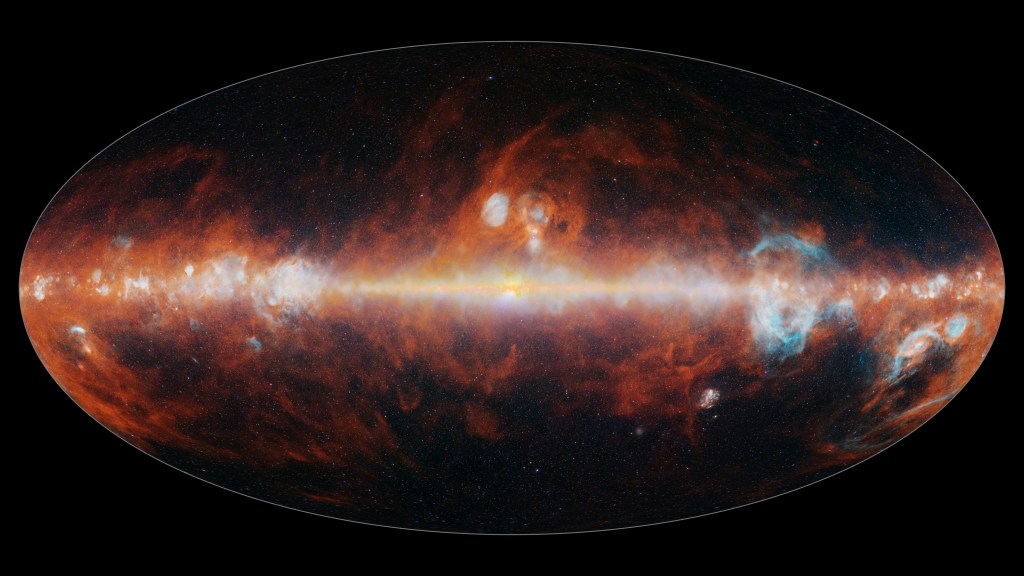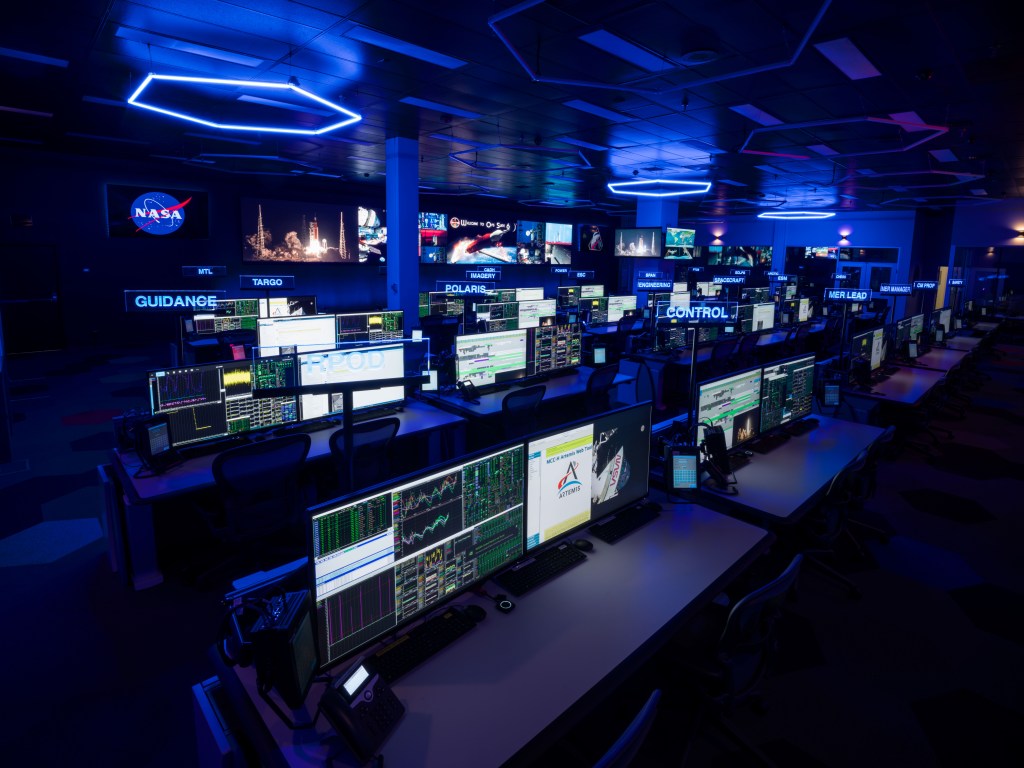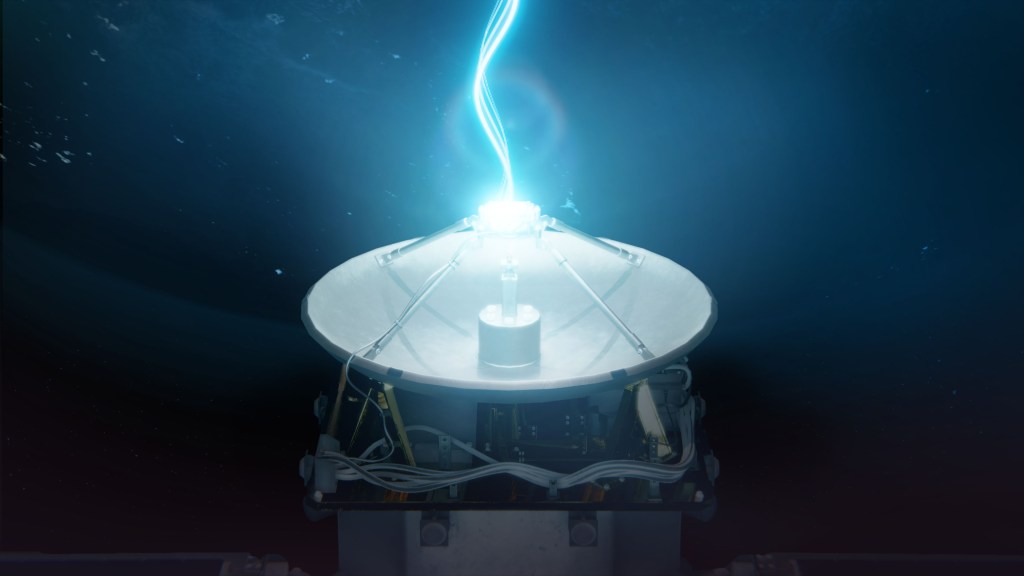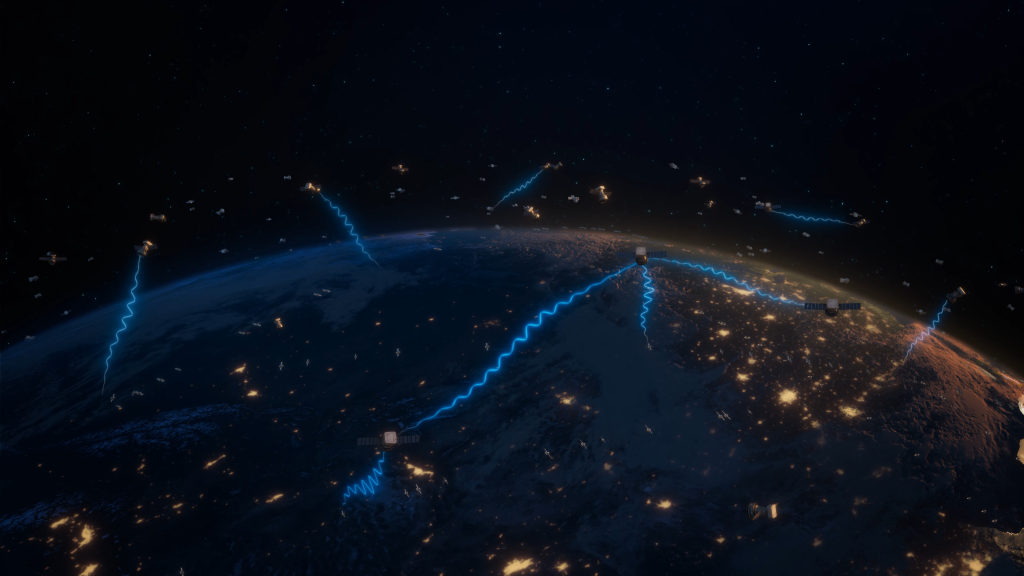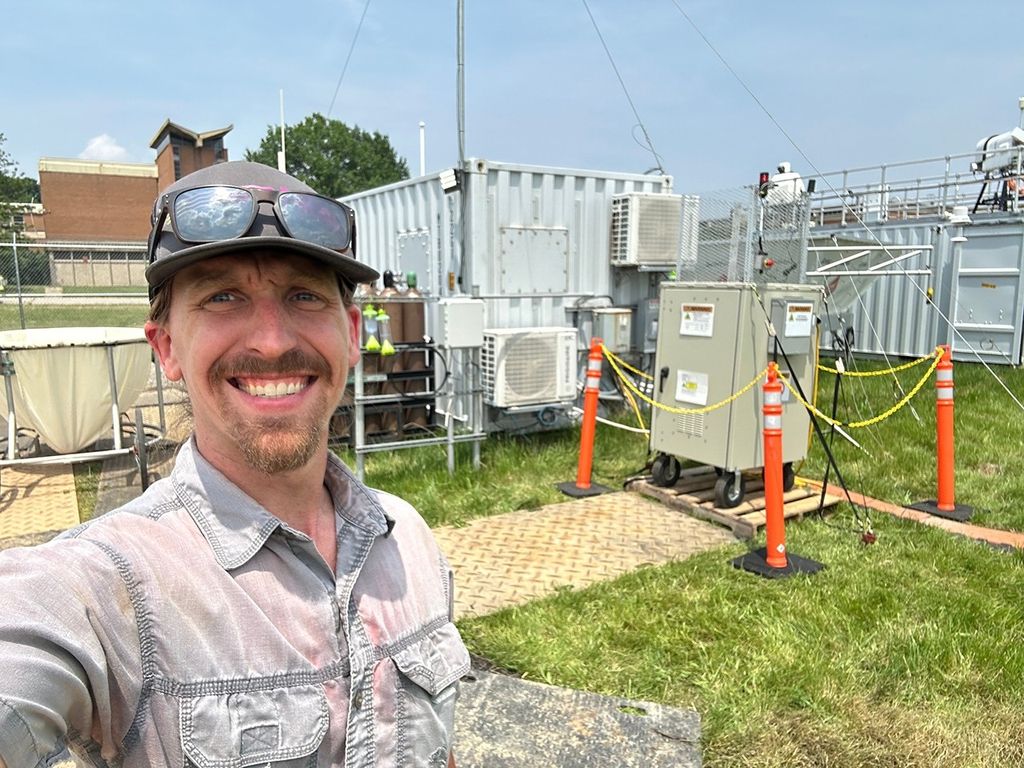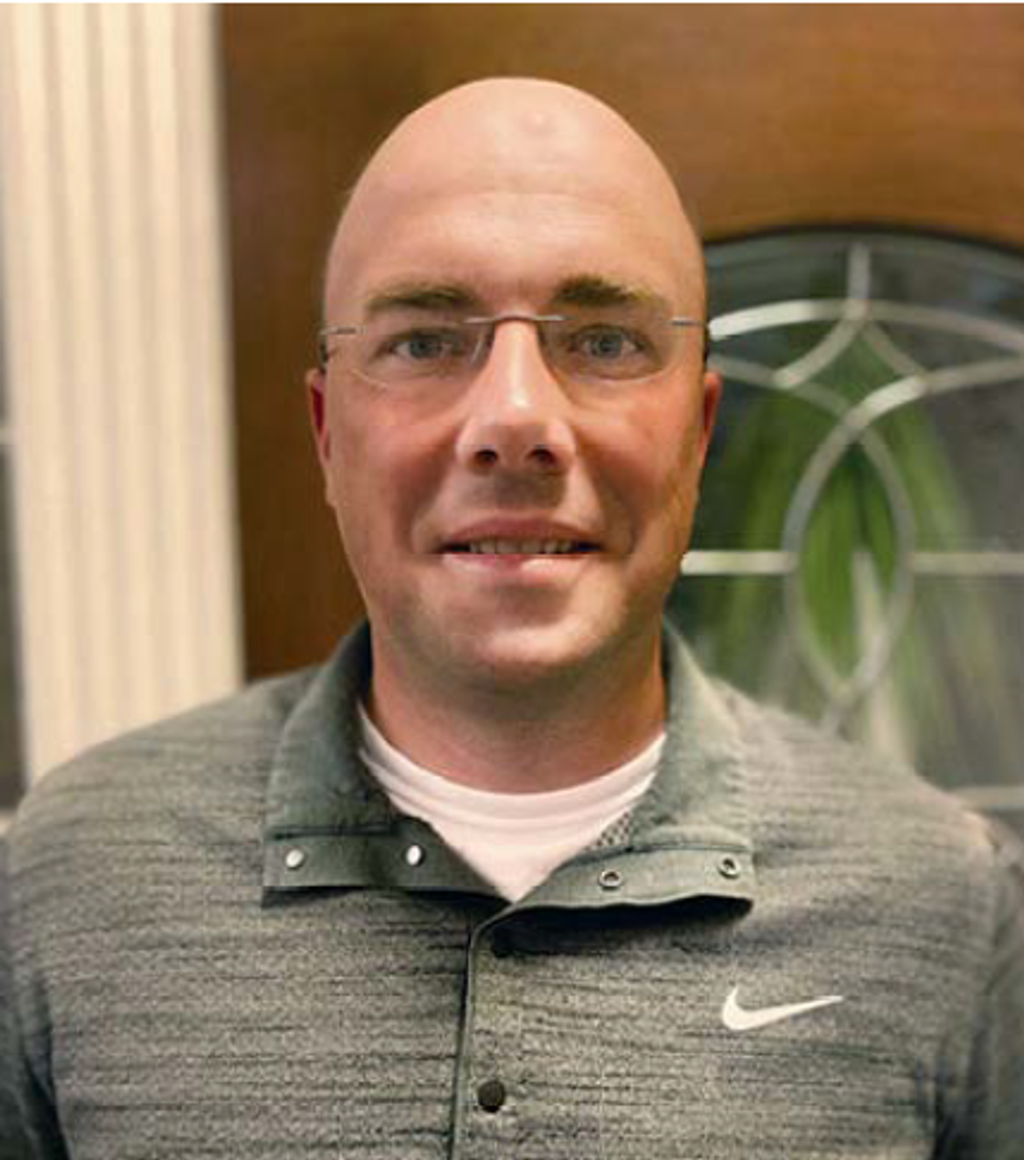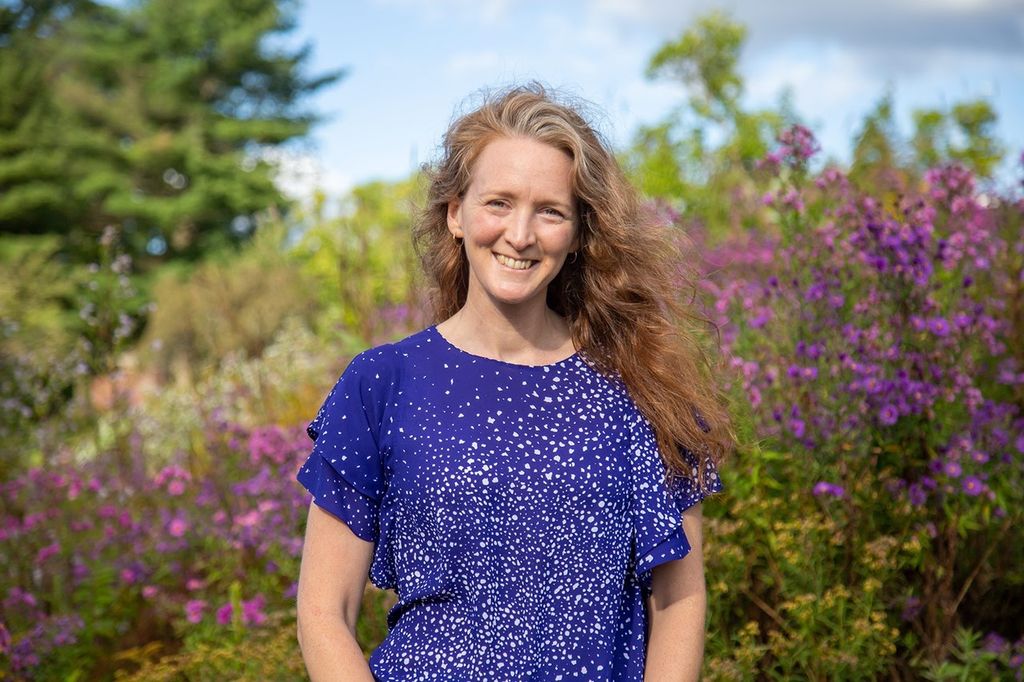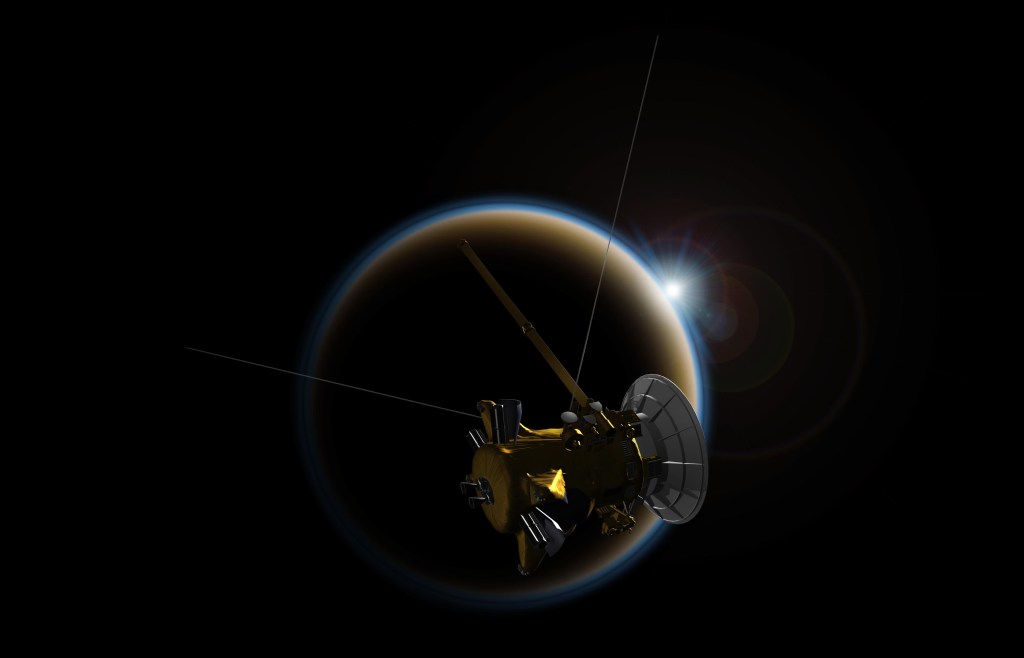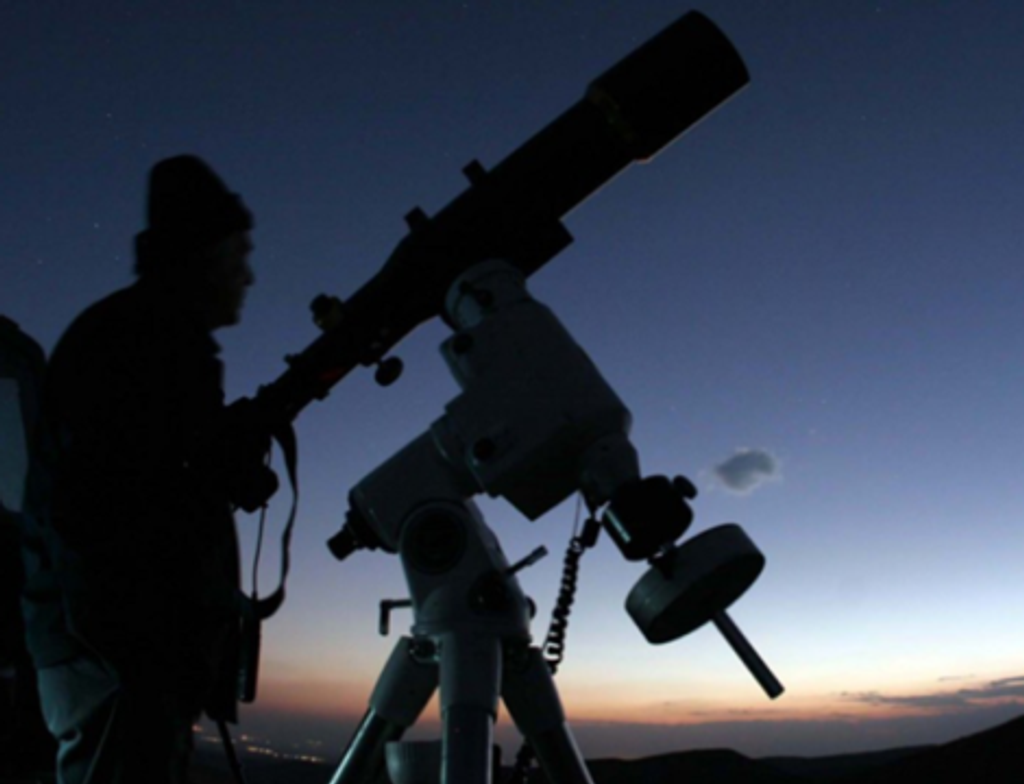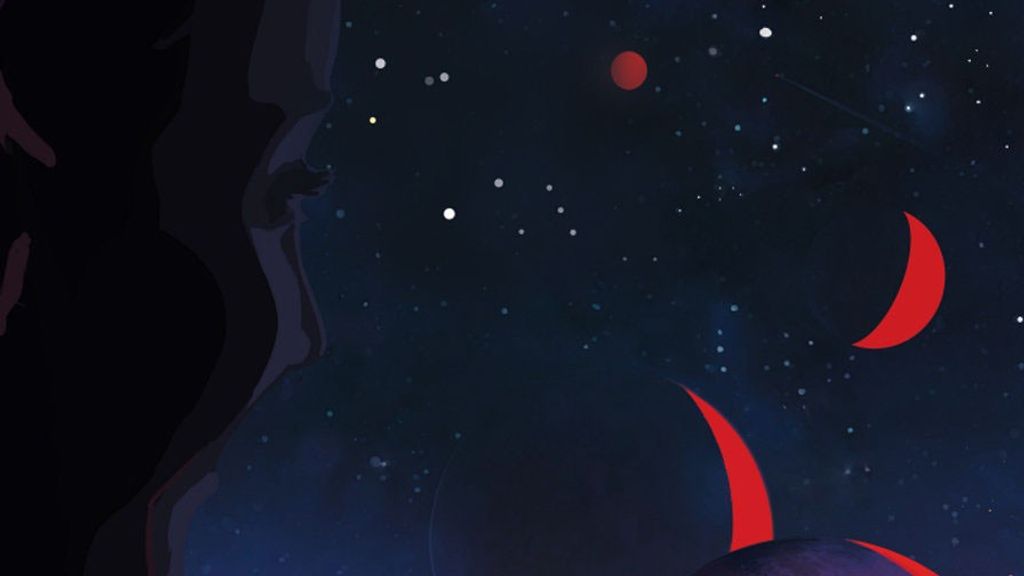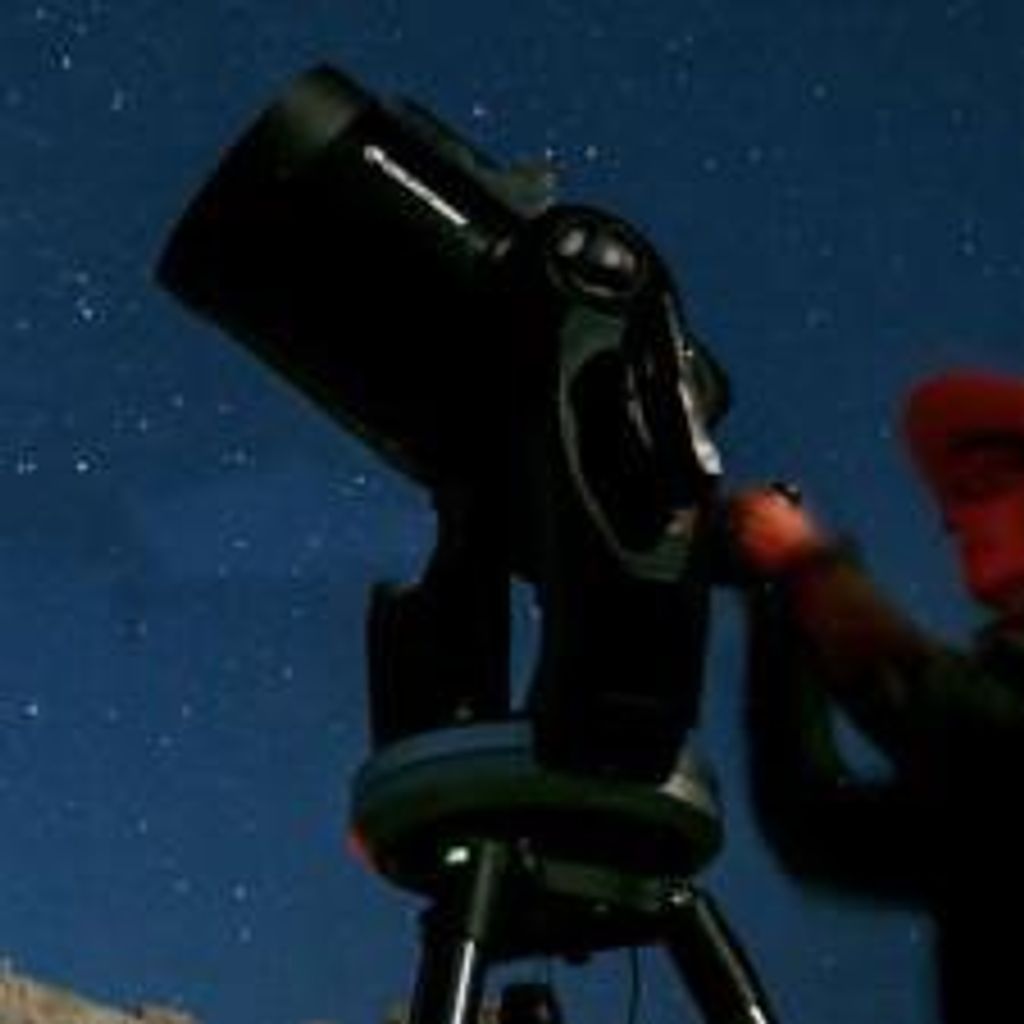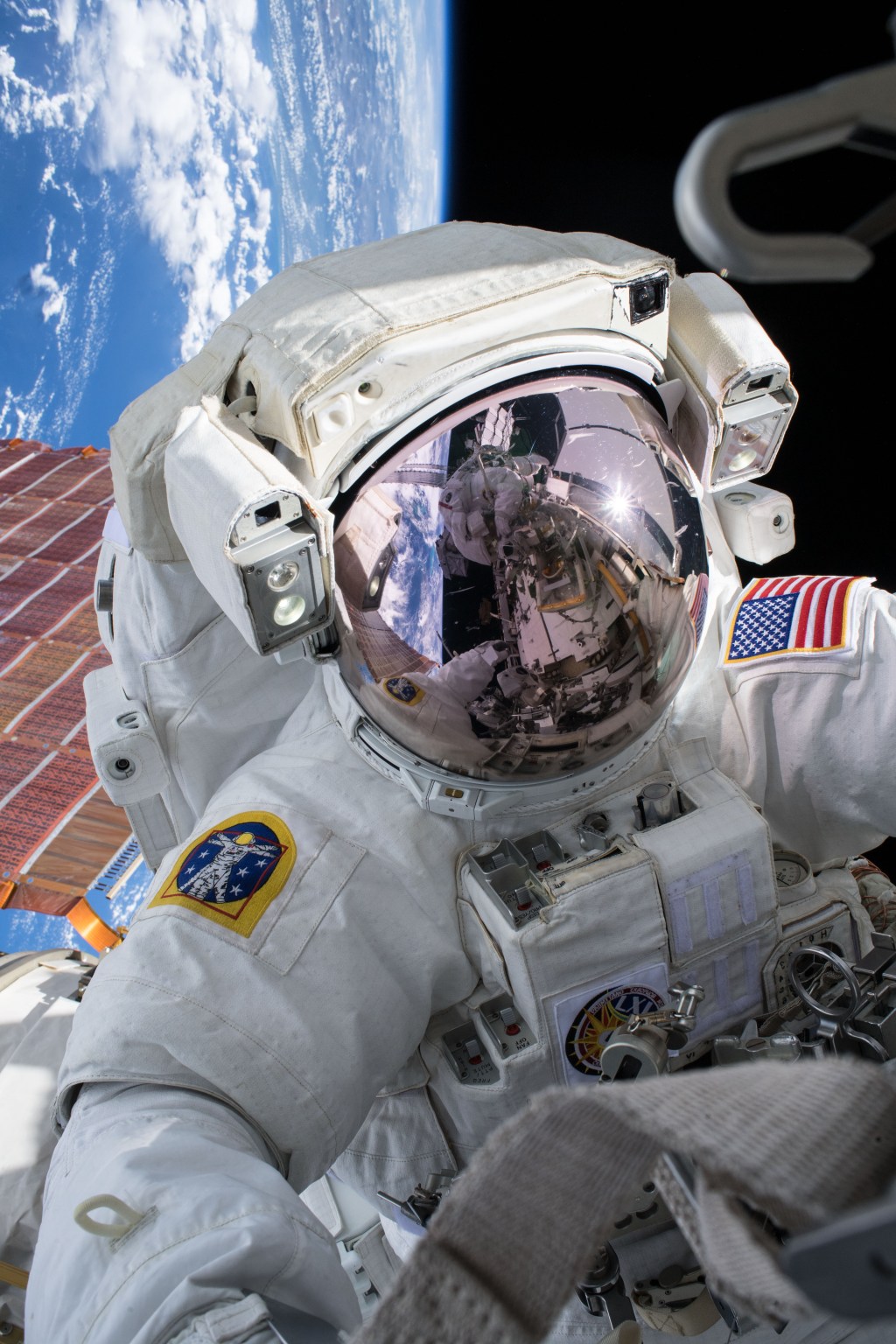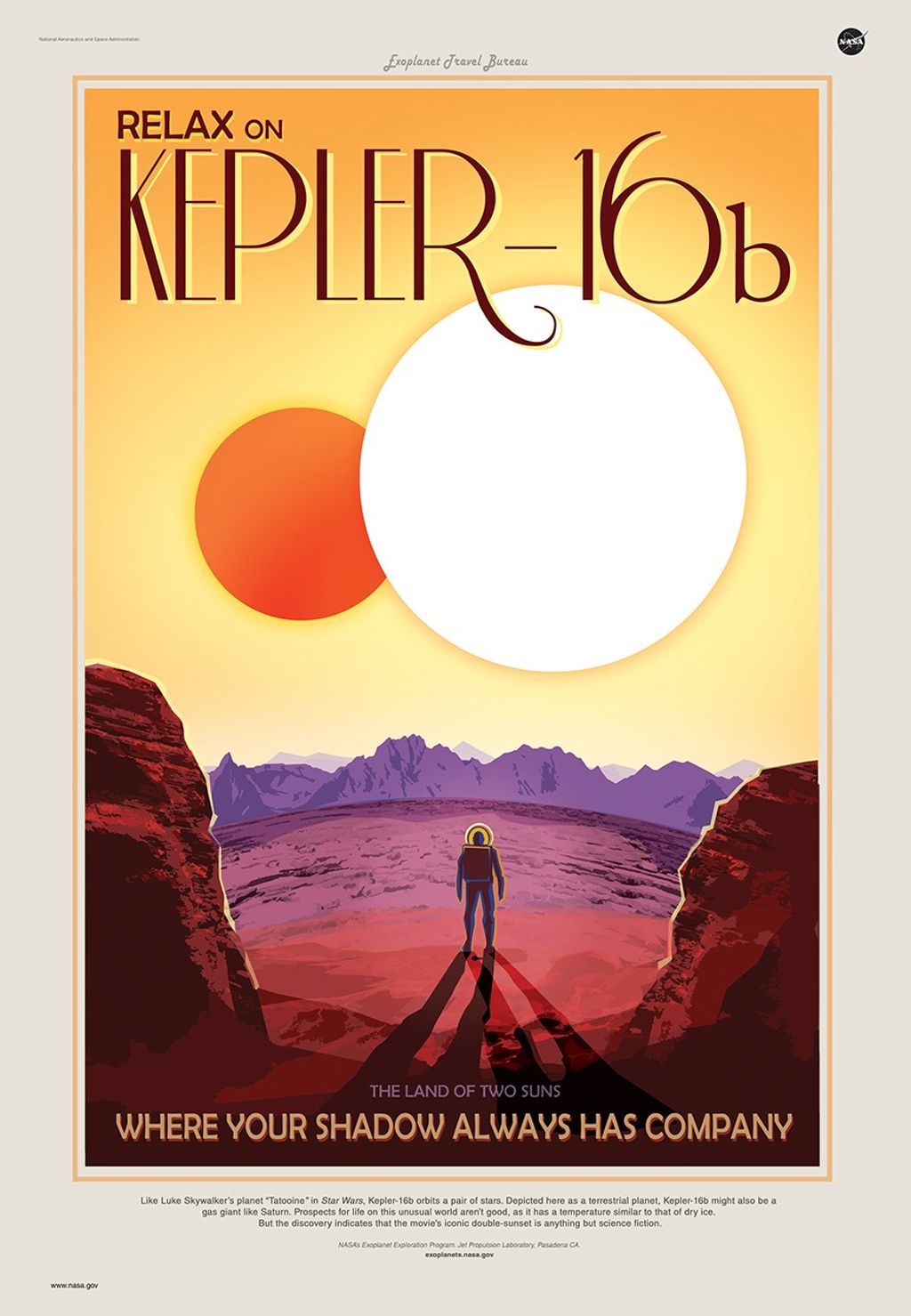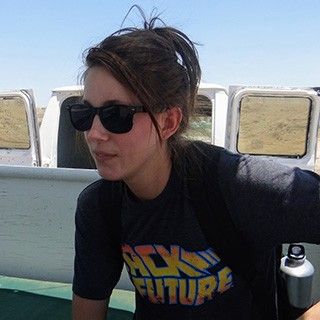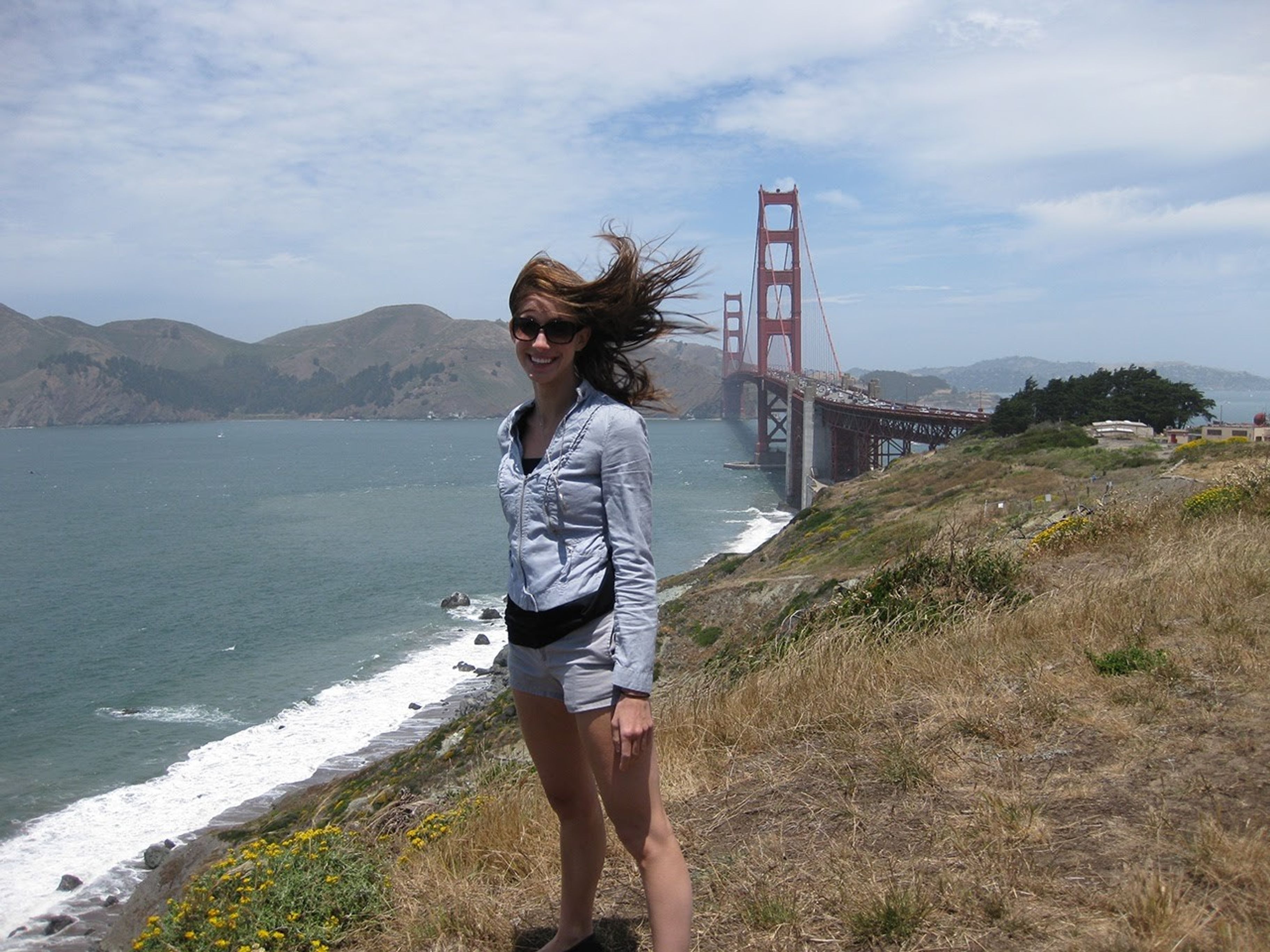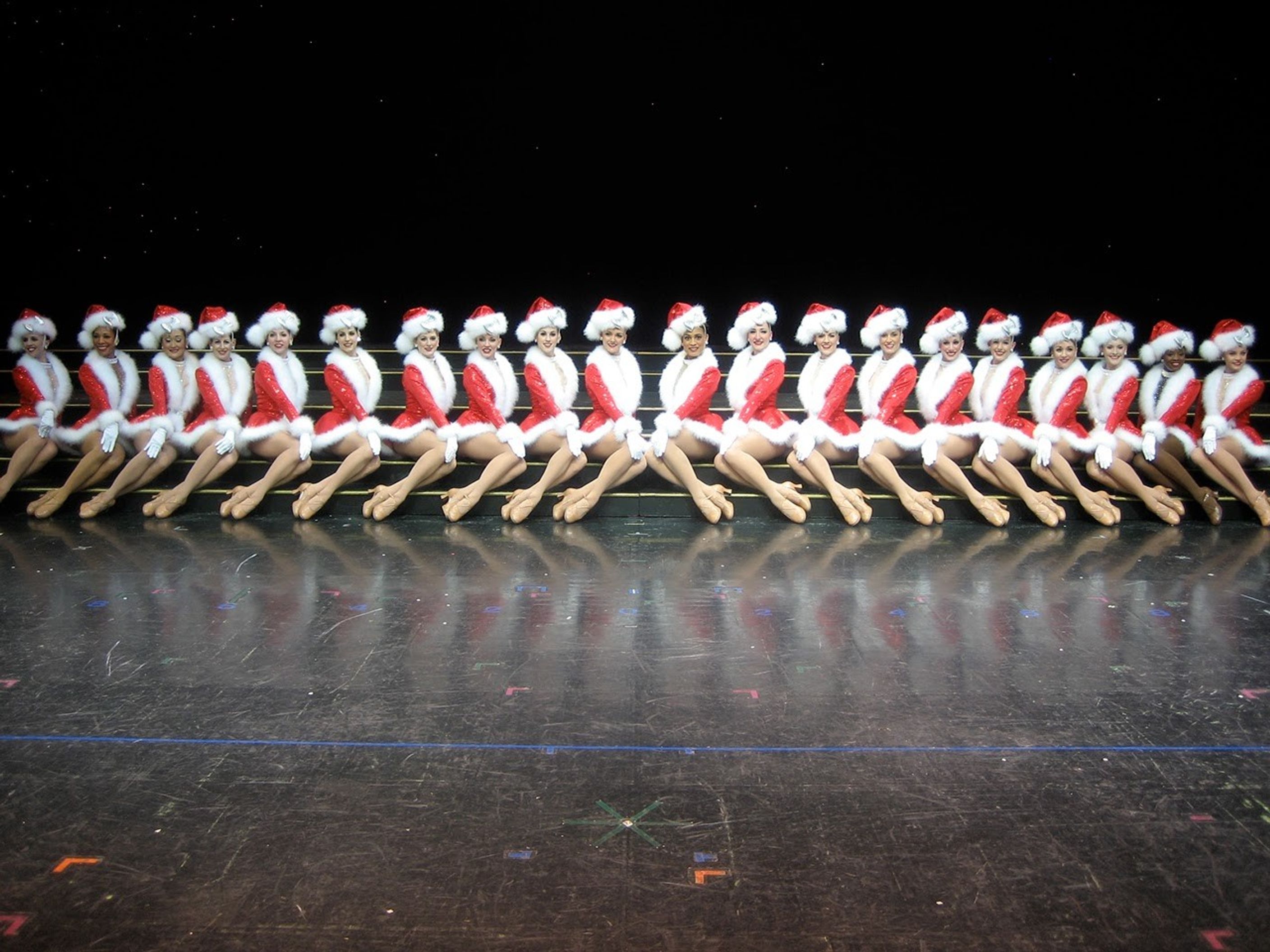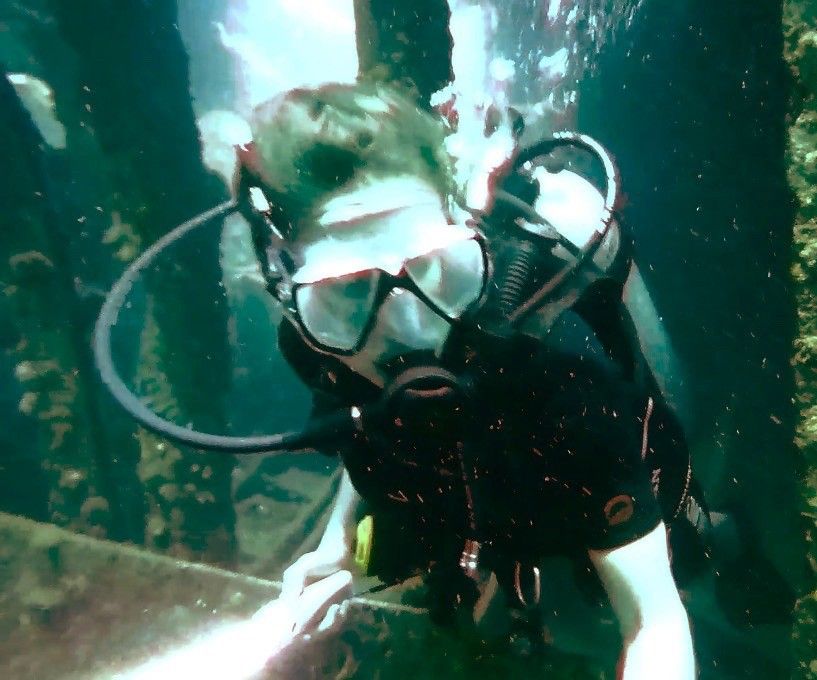
Heather Ann Bottom
Systems Engineer - Jet Propulsion Laboratory
Contents
- Education
- What first sparked your interest in space and science?
- Tell us about your job. What do you do?
- What's one piece of advice you would give to others interested in a similar career?
- What has been your biggest challenge, professional or personal, and how did you overcome it?
- Who inspires you?
- What are some fun facts about yourself?
- Where are they from?
Education
Columbia University
Bachelor’s in Astrophysics
California Institute of Technology
Master’s in Space Engineering
What first sparked your interest in space and science?
When I was a kid, I led a sheltered life in Arizona, not knowing much about space, the sky or appreciating the desert landscape, despite my parents’ encouragement. My dream, like many young people, was to dance, sing and act on Broadway.
But when my parents suggested that I take a Theory of Relativity course one summer in high school, I realized my knack for mathematics could be applied to something more interesting than I could have imagined: astrophysics. And so I went to college at Columbia University and majored in astrophysics. The bright lights of New York City didn’t allow for much stargazing, but a NASA summer internship allowed me to see the Milky Way for the first time at the Lick Observatory, near San Jose, California, with my mentor, meteor astronomer Peter Jenniskens. He taught me to look at the sky as a matrix, through space and time, with depth and breadth. We observed the Perseid meteor shower, watching bright purple and blue ones shoot across the sky. It only logically ingrained in me a deep love and curiosity for space — and a passion for the industry.
During college, I still pursued my dream of performing, and my first jobs in New York City were, in fact, in show business: I was a Radio City Rockette, and was in the Broadway national tour of “A Chorus Line.” I lived a full performer’s life — media training and news shows, ice baths, autographs, four shows a day and all the red lipstick and rhinestones. But after living out this dream to its fullest, it was time to move on to a longer-term life plan. I ended up in a humbling (!) graduate school experience at Caltech, and got my master’s degree in space engineering. After, I took a job at SpaceX to learn about the commercial space industry with hands-on experience. Despite the exciting work in developing the next crewed space capsule, the Crew Dragon, I missed the astronomy and scientific aspects of my work. Having learned about the Jet Propulsion Laboratory (JPL) through previous NASA internships, it was an appropriate next step for my interests. Today, I am a systems engineer on the Mars 2020 spacecraft.
Tell us about your job. What do you do?
Most recently, I led the first system test on the Mars 2020 spacecraft. I felt like the producer/stage manager of a large-scale production, with the spacecraft as the star of the show. With a team of over 30 people, we spent more than two weeks testing the spacecraft’s launch, cruise, and landing on Mars in scenarios where things went as planned, and scenarios where something unexpected or unintended happened. We performed the test inside the JPL clean room where they build spacecraft, and we used the actual hardware and software that are going to land on Mars.
Systems engineers have one of the hardest jobs on any project at JPL. Sometimes they act as project managers, understanding the big picture strategy and solutions, and sometimes they act as technical experts relaying information to and from other subsystem teams. Like in performing on stage, systems engineers have to act quickly on their feet, make sound decisions, and make sure the solutions elegantly fit together. Without systems engineers, you could end up with a spacecraft that is too cold to take images of galaxies from the early universe or lacks the power to drive to a possible water reservoir on Mars.
What's one piece of advice you would give to others interested in a similar career?
Follow your heart, and stay true to yourself. Work hard, and don’t give up on what is worth fighting for.
What has been your biggest challenge, professional or personal, and how did you overcome it?
The biggest challenge has been the mental shift from being a professional dancer to being a systems engineer — I have struggled with many things that people don’t like to talk about, like imposter syndrome, lack of confidence and the like. It takes mental and emotional strength to get past it, and knowing you are never alone.
Who inspires you?
I have drawn from different sources of inspiration over the years. At the moment, I’m most inspired by all my female friends and colleagues who are going after their dreams and really taking off, leading by example — those from the space industry, those still performing, those with entrepreneurial spirits, and those working so hard around the clock for their teams. I truly believe that the only way we can change perceptions and stereotypes is by being the change and not accepting doubt or misperception from others.
What are some fun facts about yourself?
In the last few years, I’ve gotten into scuba diving with my husband (Michael Bottom, an astronomer and optical engineer at JPL) — we’ve gone to the reef in Belize, wreck dives in the Philippines and cenotes in Mexico (out of this world!). I also enjoy singing at home, learning the guitar and taking a dance class every now and then. I no longer burn the chocolate chip cookies, and have been known to produce a tasty cake a couple of times a year.
Where are they from?
Planetary science is a global profession.





